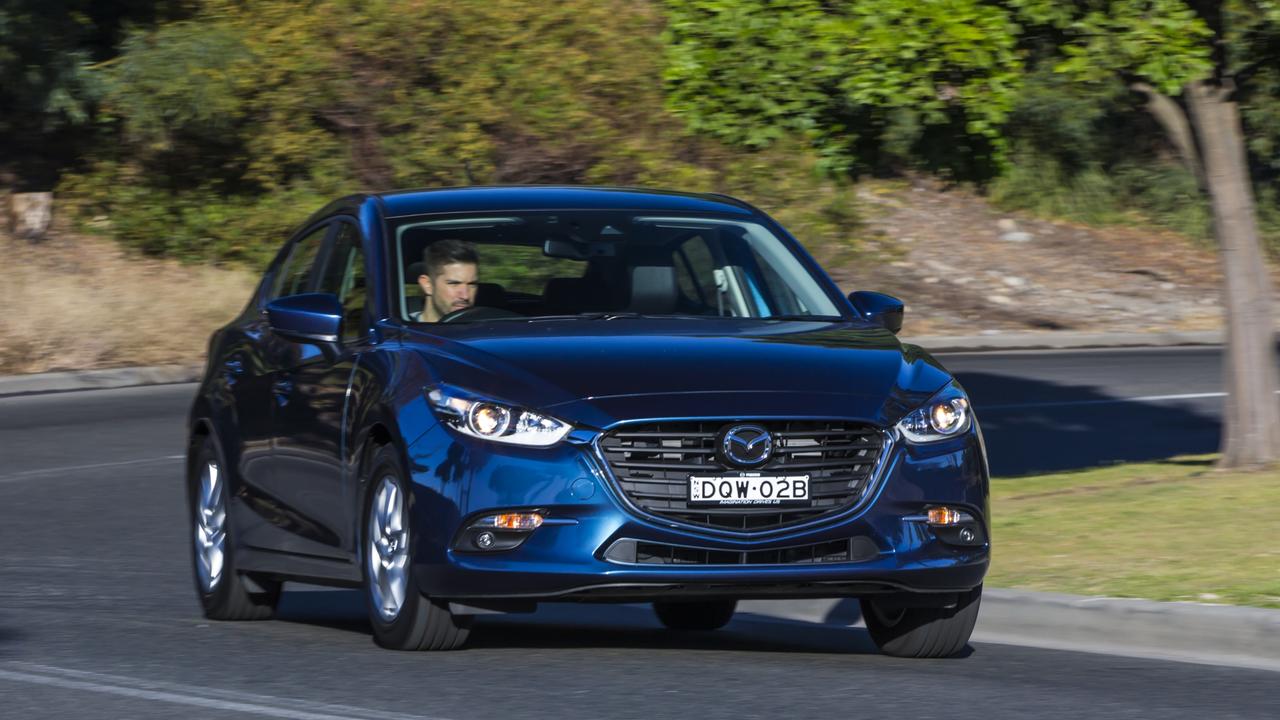When venturing into the used car market, a solid grasp of car values is paramount for buyers and sellers alike. Whether you’re aiming to get the best deal on your next vehicle or looking to trade in your old ride, understanding the ins and outs of car valuation is essential. By diving into the factors that affect a car’s market value, assessing its condition, and leveraging the power of vehicle history reports, you can negotiate with confidence and ensure fair transactions. Below, we explore the intricacies of used car valuation and provide actionable tips to guide you through the process.
Understanding Used Car Values: What Factors Influence Price
The value of a used car is influenced by various factors, including make, model, year of manufacture, mileage, brand reputation, condition, market trends, economic factors, and the vehicle’s history. High-demand models may command a premium, while high-mileage cars may be adjusted accordingly.
Brand reputation also plays a significant role, as certain names are associated with reliability or luxury. Top-notch condition and minimal wear can increase the price, while any modifications can either increase or detract from the car. Market trends, economic factors, and the overall state of the used car market also influence buyers’ willingness to pay. A spotless history can increase the car’s worth, while a history of major repairs can lower its desirability.
How to Accurately Assess the Condition of a Used Car
The condition of a pre-owned vehicle goes beyond a superficial visual inspection. It involves a detailed examination of the vehicle’s exterior, interior, and mechanical systems. The exterior can reveal its history, such as paint color inconsistencies, rust, tires, and lights and signals. The interior can reveal the vehicle’s maintenance, including upholstery, electronics, and leaks.
The trunk, storage areas, and under carpets should also be checked for hidden damage. A mechanical inspection by a certified professional can identify potential issues, such as subtle noises or vibrations. A test drive is also crucial for understanding the car’s performance, handling, and unusual behaviors. Performance on the road determines a vehicle’s reliability and value.
The Role of Vehicle History Reports in Determining Used Car Values
Vehicle history reports provide a comprehensive view of a used car’s past, including past ownership, accident history, service records, and recalls. These documents help potential buyers make informed decisions and avoid costly mistakes. Clean histories often maintain or increase a car’s value, while significant crash records may result in lower values.
The report also indicates the vehicle’s maintenance, with regular maintenance indicating a previous owner’s commitment to the car’s health, while sporadic or missing records suggest neglect. Verifying the accuracy of odometer readings is crucial, as odometer fraud can artificially inflate a car’s value. A thorough vehicle history report is essential for determining a car’s value.
Effective Strategies for Negotiating Used Car Prices
To negotiate a better deal for a used car, approach negotiations with a strategic mindset. Gain knowledge about the fair market value of the vehicle, research similar models, and note any deviations. Present evidence of your research during negotiations, such as comparable sales or pricing from reputable guides. Discuss the car’s condition and suggest adjustments based on your findings, demonstrating your seriousness.
Engage patience and maintain a professional demeanor, as the willingness to walk away can be a powerful bargaining tool. If the seller is unwilling to meet your price, consider taking your business elsewhere. Negotiation should also consider the total value you get from the deal, including warranties, services, or accessories. Be open to alternatives that can deliver equivalent value, as the used car market is vast and other opportunities may arise.
Utilizing Online Tools and Resources to Estimate Used Car Values
A wide range of online tools and pricing guides can help evaluate used car values by considering factors like location, mileage, and condition. Checking popular automotive websites for similar listings provides a good starting point, but be mindful of whether prices reflect actual sales or asking prices.
Community forums and social media groups are also invaluable for getting insights from real owners and buyers. For accuracy, use multiple valuation tools to cross-check data, but remember that these tools can’t replace the depth of a physical inspection or professional appraisal.
Overall, understanding used car values is a multifaceted challenge, requiring consideration of diverse factors, careful inspection, and strategic negotiation. By leveraging available tools and applying the knowledge gained, buyers and sellers can navigate the pre-owned car market with confidence. The key is to remain informed, prepared, and adaptable throughout the process.
Keep an eye for more latest news & updates on Hint Insider!




